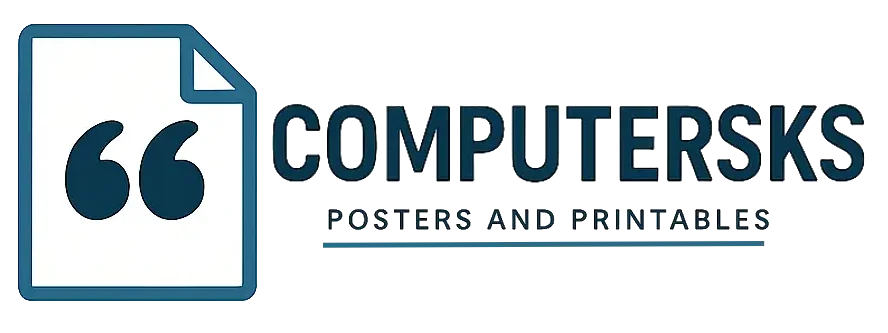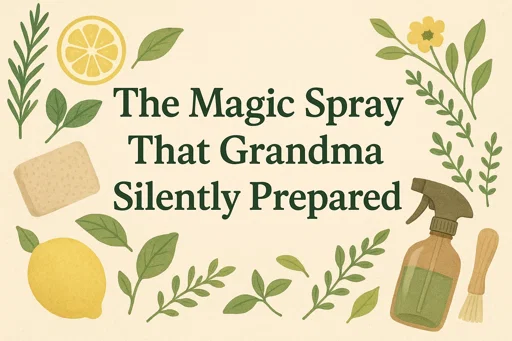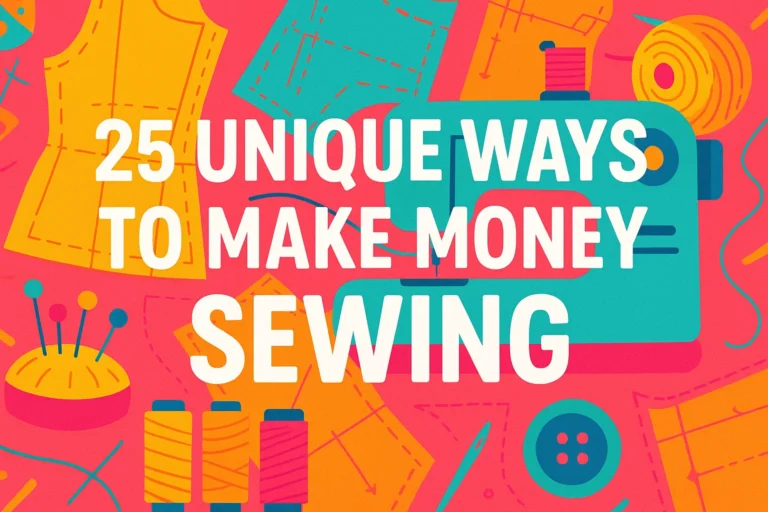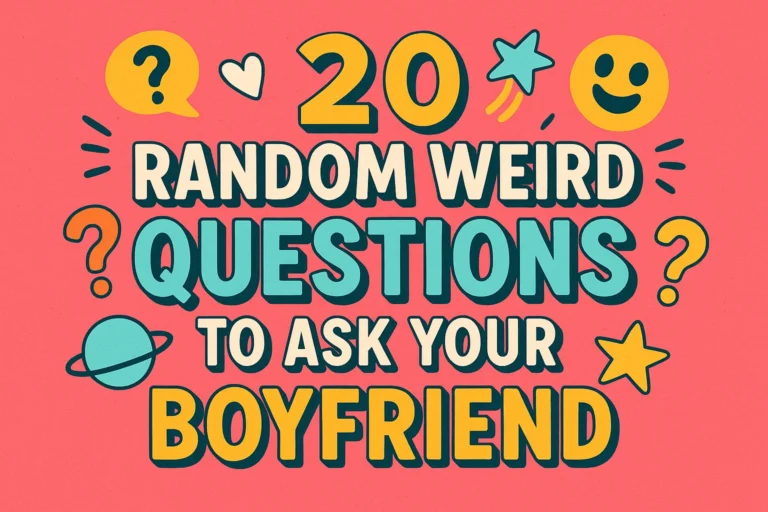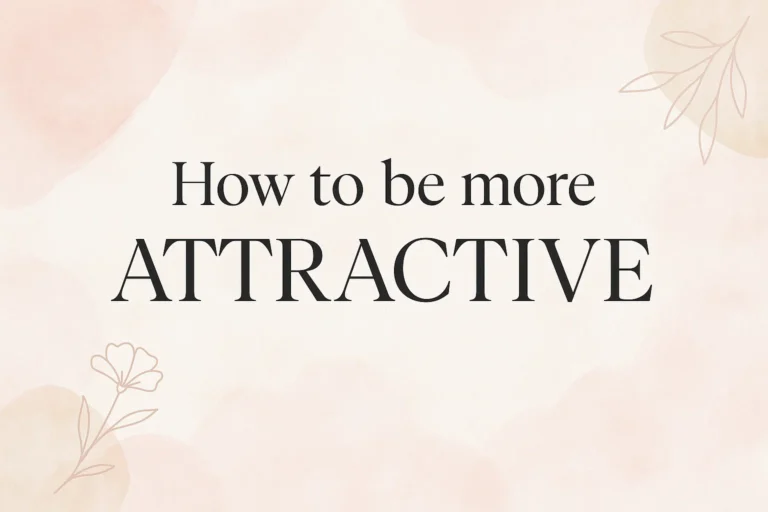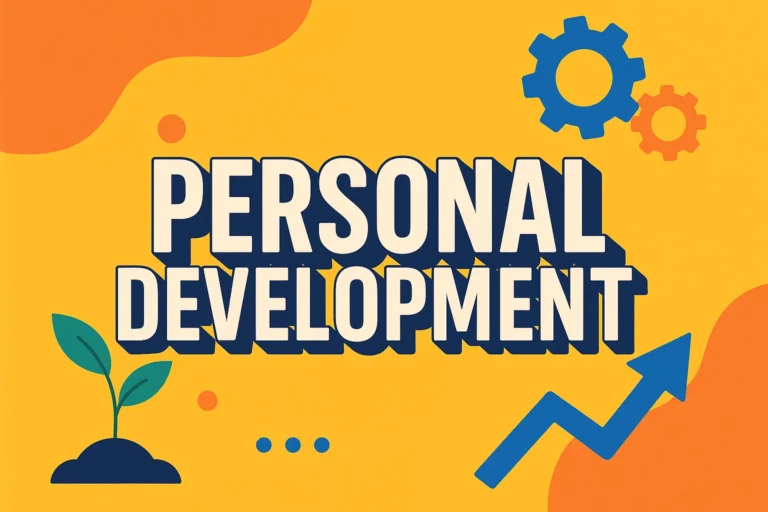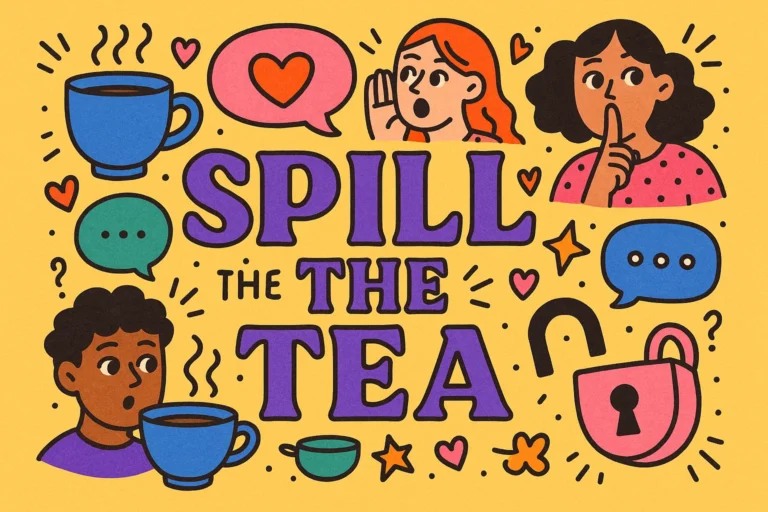Self Improvement Tips Recognizing Emotional Abuse Beyond Physical Signs
Self Improvement Tips: Recognizing Emotional Abuse Beyond Physical Signs
Let’s be real—when we hear the word “abuse,” most of us immediately picture bruises, broken bones, or someone cowering in fear. But what about the kind of abuse that doesn’t leave a mark? The kind that’s sneaky, manipulative, and just as damaging? Emotional abuse is like a slow poison—it creeps in, messes with your head, and leaves you questioning your own sanity.
I’ve been there. I’ve had friendships and relationships where I walked away feeling less—less confident, less happy, less me. And the worst part? I didn’t even realize it was happening until much later. That’s why I’m writing this—so you don’t have to learn the hard way.
So, how do you spot emotional abuse when there’s no black eye to point to? Let’s break it down.
What Does Emotional Abuse Actually Look Like?
First things first: emotional abuse isn’t always obvious. It’s not always screaming matches or outright insults. Sometimes, it’s subtle—little digs, backhanded compliments, or even “helpful” criticism that just happens to make you feel like garbage.
Here are some classic signs:
- Gaslighting – When someone makes you doubt your own memory or feelings. (“You’re overreacting, that never happened!”)
- Constant criticism – Nothing you do is ever good enough, even when you’re killing it.
- Isolation – They slowly cut you off from friends, family, or hobbies.
- Guilt-tripping – “If you really loved me, you’d do this for me.” (Ugh, the worst.)
- Silent treatment – Punishing you by ignoring you for days.
Sound familiar? Yeah, I thought so.
Why Emotional Abuse Is So Hard to Recognize
Here’s the kicker: Emotional abusers are often charming in public. They might be the life of the party, the “perfect” partner, or the “supportive” friend—until you’re alone with them. That’s why so many people stay stuck in these relationships.
Think about it:
– If they were awful all the time, you’d leave, right?
– But when they flip between sweet and cruel, you keep hoping the “nice” version will stick around.
Spoiler alert: It won’t.
How Emotional Abuse Affects Your Self-Worth
This is where things get really dangerous. Over time, emotional abuse rewires your brain. You start believing:
– “Maybe I am too sensitive.”
– “I should be grateful they put up with me.”
– “No one else would love me like they do.”
Newsflash: That’s all BS.
I used to think I was “lucky” to have certain people in my life—until I realized they were the reason I felt like crap all the time. Self-improvement starts with recognizing when someone is holding you back.
How to Protect Yourself (and Heal)
Okay, so you’ve spotted the red flags. Now what?
1. Trust Your Gut
If something feels off, it probably is. Don’t let anyone convince you that your feelings are “wrong.”
2. Set Boundaries (and Stick to Them)
- “I won’t tolerate being spoken to like that.”
- “If you ignore me, I won’t chase you.”
- “I’m not discussing this further.”
Boundaries aren’t mean—they’re self-respect.
3. Surround Yourself with Healthy People
Ever notice how some people just lift you up? Spend more time with them.
4. Get Professional Help if Needed
Therapy isn’t just for “broken” people. It’s for anyone who wants to untangle their brain from toxic patterns. (And trust me, it helps.)
Final Thought: You Deserve Better
Here’s the thing—you don’t have to prove your worth to anyone. If someone makes you feel small, that’s a them problem, not a you problem.
So, take a step back. Look at your relationships. Are they building you up or tearing you down? Because life’s too short to waste on people who don’t see how amazing you are.
And hey, if you’ve been in this situation, drop a comment below. Let’s swap stories and remind each other: We’re not crazy. We’re not “too much.” We’re just surrounded by the wrong people sometimes.
Now go out there and reclaim your peace. You’ve got this. 💪
